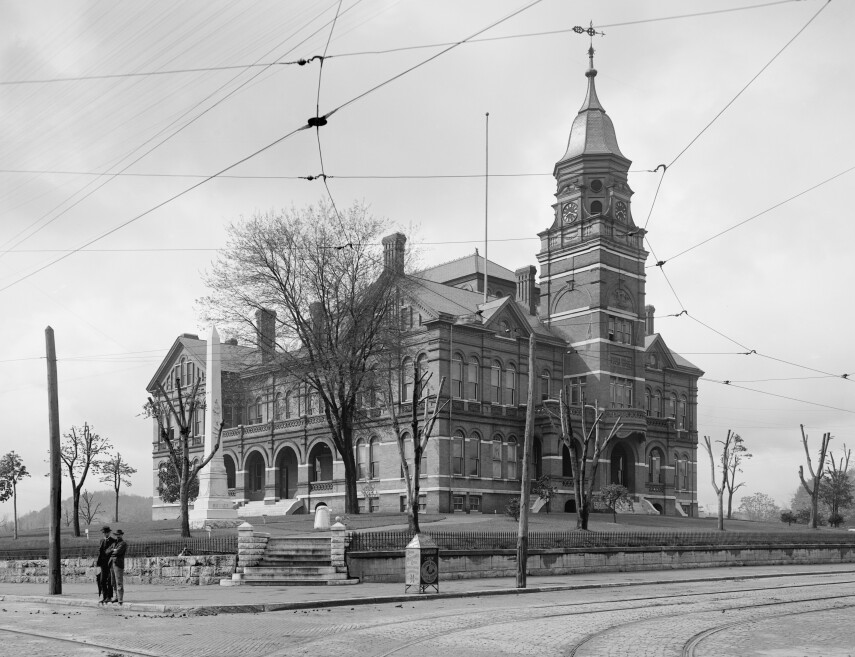But are you really friends??

Okay, so maybe we aren’t great listeners. We all know it’s true. When someone is talking to us, we hear them, but are simultaneously formulating what we’ll say next. And even when we do “listen,” are we really discerning what is underneath what they’re saying?
In past classes I’ve used a quick grid that grades how well we actually listen to friends. I argue that sometimes the beginning of being gospel fluent is simply listening better.
Picture a friend you have, maybe someone far from Jesus but someone you’re developing a friendship with. I want you to answer the following questions with a 1-4 rating. You’re more or less gauging how well you could write a report on them if you had to. For each of the 11 questions, simply place a number next to it.
(1) I have no understanding of who my friend really is. They’re more of an acquaintance.
(2) I have a slight understanding of who my friend really is. We hang out and know basics about each other.
(3) I have a pretty good grasp of who my friend really is. We’ve had several deep moments.
(4) I know them like a brother. I can’t know them any closer.
- What are their functional heaven, hell, and savior(s)? How do you know?
- What is the community they feel most comfortable in? Why?
- What do they see as sin? Why?
- What’s hit’s them the hardest and/or makes them grieve? How do you know?
- How and what do they celebrate most? What’s your proof?
- What part of the Gospel story would most resonate with them?
- Do they look forward to eating or meeting together regularly? Why?
- Where/how did they get their understanding of the Gospel story? How do you know?
- How do they view me and my view of Jesus and sin? How do you know?
- Have they introduced me to their own circle of friends and community?
- Who would they call if a tragedy hit them and they really needed someone?
You’re not literally answering these questions, just gauging how well you know them. As an example, when I took this test, I realized I avoided tough areas with my friends because I didn’t want the tension. This also means I didn’t know my friends that well. I also wasn’t able to apply the gospel to their hearts very well. Those moments, as tough as they might be, are actually what stabilize and deepen friendships.
Consider how you can mature and advance your current relationships in such a way that you actually could develop a few paragraphs on what makes them who they are. You’re ability to put 4’s on these questions means you know them fairly well, which means you also can speak to their heart issues more accurately. Sometimes, being “gospel fluent” begins with simply listening.

